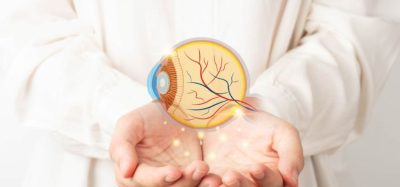Can sugar pills actually relieve chronic pain?
A sugar pill could benefit patients suffering from chronic pain with specific brain anatomy and psychological traits…
Doctors could begin to prescribe sugar pills for some patients suffering from chronic pain, based on their brain anatomy and psychology. The pills are said to reduce their pain as effectively as new powerful pain relief drugs.
Scientists from Northwestern University have shown that they are able to reliably identify patients with chronic pain, that will respond to a sugar placebo pill based on their brain anatomy and psychological characteristics.
The scientists also suggests that it’s not necessary to hide this from the patient.
“Their brain is already tuned to respond,” said senior study author Professor of Physiology at Northwestern University Feinberg School of Medicine, Dr Vania Apkarian.
“They have the appropriate psychology and biology that puts them in a cognitive state that as soon as you say, ‘this may make your pain better,’ their pain gets better.”
“You can tell them, ‘I’m giving you a drug that has no physiological effect but your brain will respond to it,'” he said. “You don’t need to hide it. There is a biology behind the placebo response.”
For the study, 60 patients with chronic back pain were randomised into two groups. The first group did not know whether they received the drug or the placebo, and the second group included people who came to the clinic, but received neither the drug nor the placebo.
The scientists did not study the people receiving the real drug, instead focusing on those receiving the sugar pill. The second group was used a control.
It’s much better to give someone a non-active drug rather than an active drug and get the same result
Individuals who had a decrease in their level of pain had similar brain anatomy. The right side of their emotional brain was larger than the left, and they had a larger cortical sensory area than people who were not responsive to the placebo. Psychologically, these individuals were also emotionally self-aware, sensitive to painful situations and mindful of their environment.
The researchers mention three main potential benefits: prescribing non-active drugs rather than active drugs, eliminating the placebo effect from drug trials, and reducing healthcare costs.
“It’s much better to give someone a non-active drug rather than an active drug and get the same result,” Prof Apkarian said. “Most pharmacological treatments have long-term adverse effects or addictive properties. Placebo becomes as good an option for treatment as any drug we have on the market.”
“Clinicians who are treating chronic pain patients should seriously consider that some will get as good a response to a sugar pill as any other drug,” he concluded. “They should use it and see the outcome. This opens up a whole new field.”
The study was published in Nature Communications.










